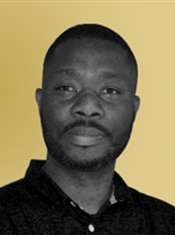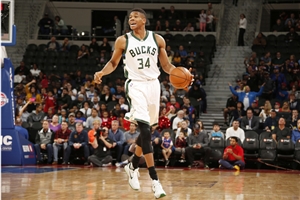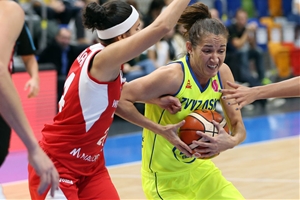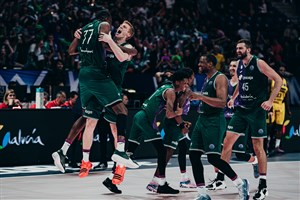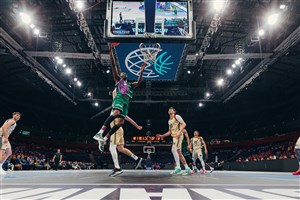
Why Libolo rank among favourites in FIBA Africa Champions Cup 2016
SHEFFIELD (Julio Chitunda's African Message) - Recreativo do Libolo have plenty of reasons to stay positive about next month's FIBA Africa Champions Cup (ACC) 2016 in Cairo, Egypt.
Over the weekend, the ACC 2014 winners made a statement by outplaying two African powerhouses Petro de Luanda and Primeiro D'Agosto during the ACC Zone 6 qualifier in the Angolan capital of Luanda to finish with an encouraging 2-0 record.
Libolo beat Primeiro D'Agosto on Saturday to qualify for next month's FIBA África Champions Cup in Cairo @FIBAACCW #FIBAACC pic.twitter.com/UX9Aw3Ondp
— Júlio Chitunda (@JChitunda) November 5, 2016
With a month to go before the tournament gets under way in the Egyptian capital city of Cairo, and judging by what they have recently shown, Recreativo do Libolo rank among the tournament frontrunners, and here is why.
Far from being the tallest team, the combination of their small ball style of play and a winning mentality make Libolo a threat to ACC contenders.
The roster is filled with experienced key members of the Angolan national team, including Olimpio Cipriano, Roberto Fortes, Valdelicio Joaquim, Milton Barros, Jorge Tati - who last represented the former Africa champions at FIBA AfroBasket 2011 - and Eduardo Mingas.
Although Mingas retired from the national team last year, the 37-year-old power forward remains as energetic as ever and told me he can't wait to make it Cairo.
"I have played in North Africa many times. Their fans are passionate, live the game intensively, but we are going to Cairo to win the tournament no matter what." - Mingas
The American duo of Andre Harris and Jekel Foster - two vastly experienced players with stints in European basketball - have become a big piece in Libolo's game.
Then, three months ago, Libolo brought in Spaniard head coach Hugo Lopez who led Halifax Hurricanes to the Canadian League title early this year.
Gran victoria en Clasificatorio para Copa Campeones de Africa.
— HUGO LOPEZ (@hugolopez1) November 5, 2016
Dos… https://t.co/ATfg3bkK0s
But Lopez hasn't landed at Libolo by accident. He is the man that caused the biggest ACC upset two years ago when his Equatorial Guinea team of Malabo Kings not only played beautiful basketball but beat Libolo in the ACC 2014 opener. Unfortunately for them, things didn't end that well.
So I caught up with Mingas, the ACC 2014 MVP, and asked him to explain what makes Libolo one of the favorites in Cairo.
"We are playing consistent basketball and have apprehended the coach's mentality very quickly," Mingas said. "Two years ago we won the Africa Cup but we faced many adversities. We had only seven players available because Carlos Morais and Olimpio Cipriano were injured, but we managed to finish strong.
"After the defeat to Malabo Kings, almost everyone ruled us out but that defeat made us stronger and this is the mindset that we still use on this team."
Although Angolan teams have won the ACC in North Africa before - D'Agosto and Libolo won in 2013 and 2014 respectively - the former Angolan international feels that teams from Tunisia, Egypt and maybe Morocco always pose a threat to Angolan clubs dominance.
The video below is an example of what Mingas is talking about.
"Those teams tend to invest and attract great foreign players. It happened in the past, and I wouldn't be surprised if they do it again," said the 37-year-old."I can't wait to make it to Cairo. I have played in North Africa many times. Their fans are passionate, live the game intensively, but we are going to Cairo to win the tournament no matter what.
"Next week we'll start a training camp in Spain and it will help us improve a few aspects of our game."
The African Champions Cup 2016 will run from 7-16 December. Let the battle begin.
Julio Chitunda
FIBA
FIBA's columnists write on a wide range of topics relating to basketball that are of interest to them. The opinions they express are their own and in no way reflect those of FIBA.
FIBA takes no responsibility and gives no guarantees, warranties or representations, implied or otherwise, for the content or accuracy of the content and opinion expressed in the above article.
